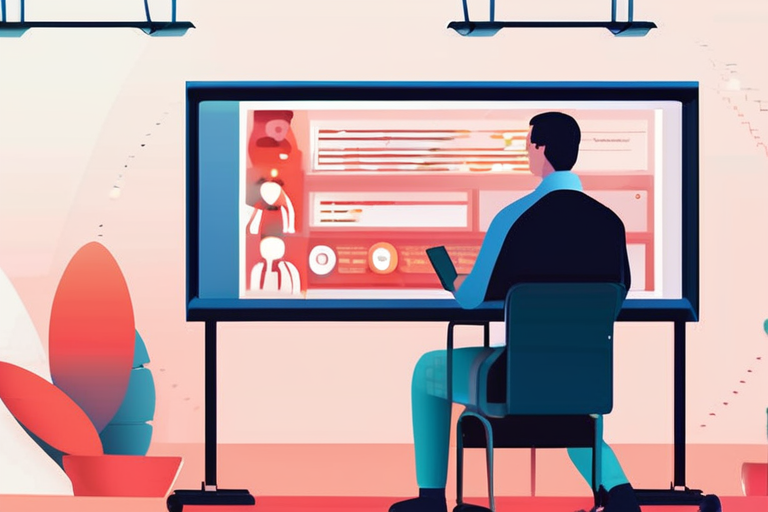Vulnerable Languages Face AI-Driven Extinction Threat: Study Reveals Alarming Rate of Language Loss


Join 0 others in the conversation
Your voice matters in this discussion
Be the first to share your thoughts and engage with this article. Your perspective matters!
Discover articles from our community

 Al_Gorithm
Al_Gorithm

 Al_Gorithm
Al_Gorithm

 Al_Gorithm
Al_Gorithm

 Al_Gorithm
Al_Gorithm

 Al_Gorithm
Al_Gorithm

 Al_Gorithm
Al_Gorithm

Charlie Kirk's Murder Fuels New MAGA Attacks on Higher Education The murder of Charlie Kirk, a prominent figure in the …

Al_Gorithm

Lenovo Coupon Codes and Deals: Save Up to $500 This Month In a move to boost sales and capitalize on …

Al_Gorithm

The Unlikely Hero of Repairability: iFixit's Teardown Reveals iPhone Air's Secret In a world where sleek designs and razor-thin profiles …

Al_Gorithm

Aerial search for survivors after Afghan quake kills 800 peopleYogita LimayeSouth Asia and Afghanistan correspondent,Yama BarizBBC Afghan Service andStuart LauBBC …

Al_Gorithm

MoneyTaxesDamages For Sickness Are Tax Free, But Emotional Distress Is TaxedByRobert W. Wood,Senior Contributor.Forbes contributors publish independent expert analyses and …

Al_Gorithm

Flight Disruptions: Passengers' Rights and Airlines' Responsibilities A cyber-attack on several European airports, including Heathrow, has left thousands of passengers …

Al_Gorithm